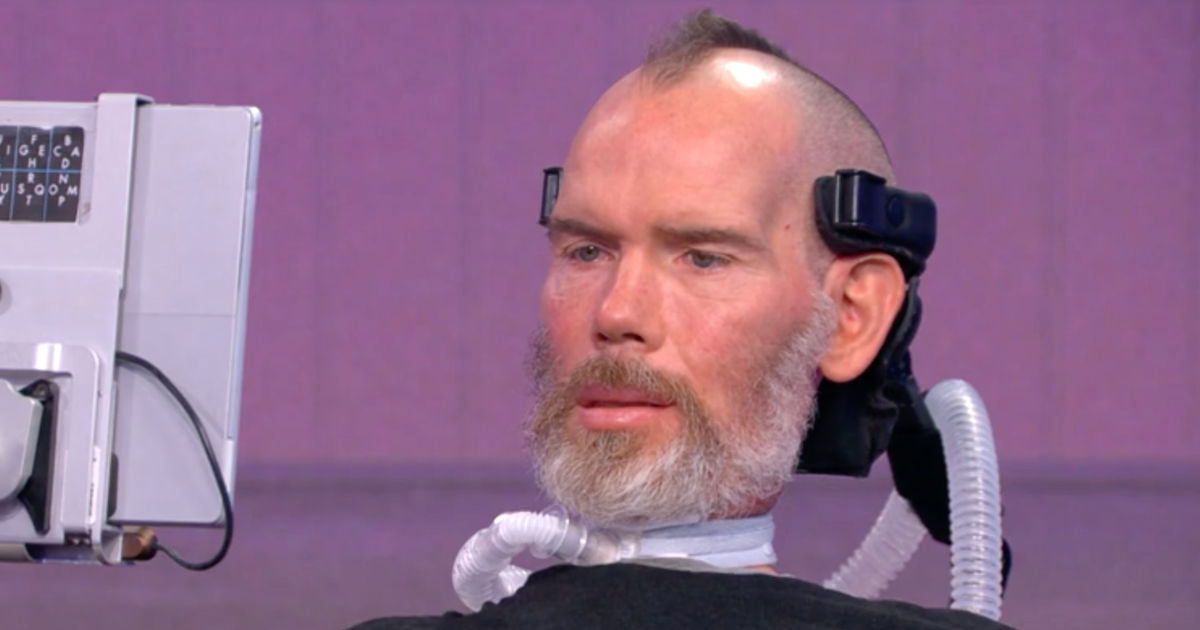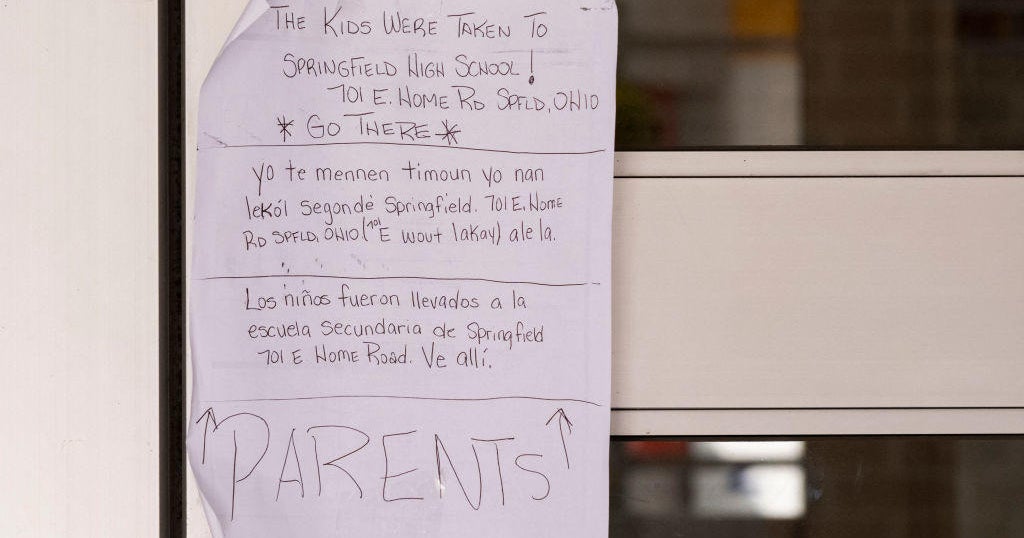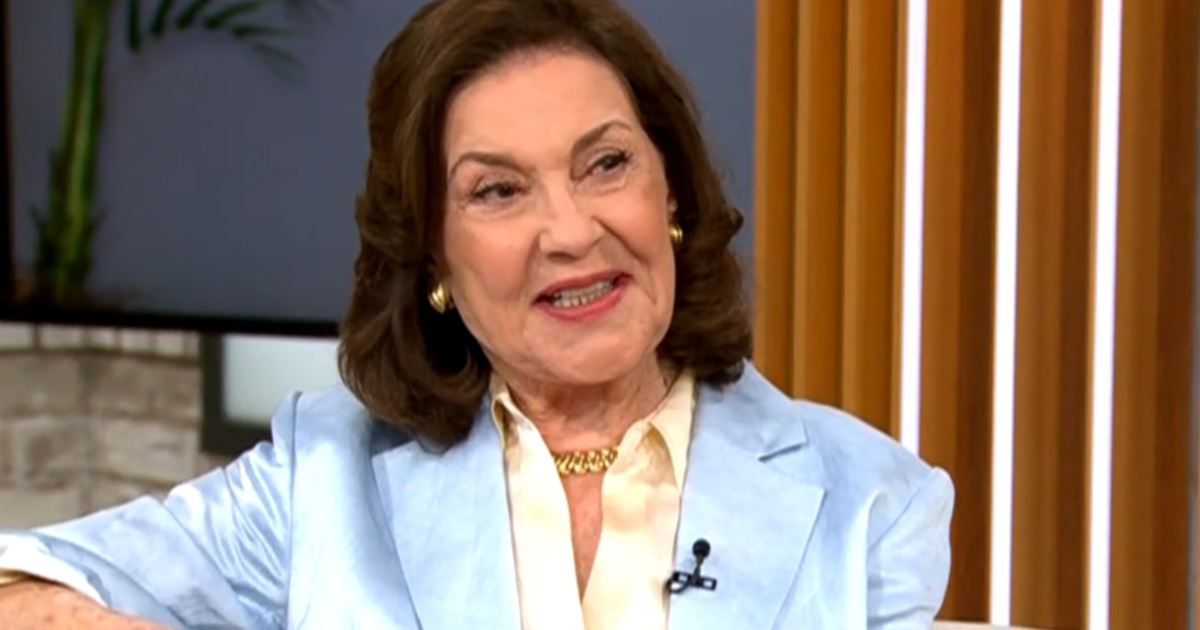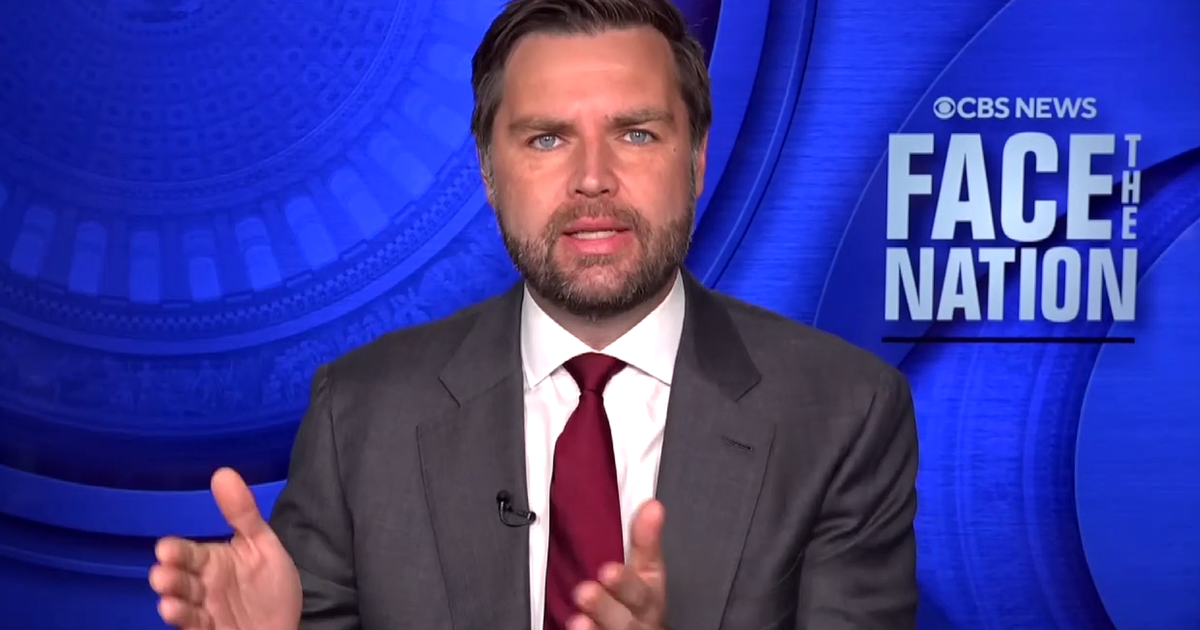As more first-time homebuyers are priced out, what can revive the American starter home?
Felicia Ellis is actively looking to buy her first home by the end of the year. A three-bedroom, two-bathroom house on a tree-lined street in Houston seemed like it could be a perfect fit.
But the starter home Ellis desperately wants seems to be priced like a forever home she can't afford. Someone else put in an offer, and it was accepted.
"[It was] the one that got away," Ellis said.
Ellis says she has a good job earning around $70,000, but her student loans have made her debt-to-income ratio a turnoff for lenders. She's previously been approved for a $200,000 loan, which falls more than $150,000 short of the homes she's been looking at in an area with good schools for her young daughter. Currently Ellis and her daughter share a room in an apartment Ellis rents with her sister.
Five years ago, one in three American families could afford a starter home in 63 of America's largest 100 cities, CBS News found. Now, it's down to just 10 cities.
Buyers like Ellis need builders like Sharone Mayberry, who is committed to building affordable starter home projects by taking advantage of city zoning and subsidies.
Mayberry is financing a 40-unit build in Houston using nearly $5 million in city reinvestment funds. The typical price of a 1,650-square-foot, three-bedroom, two and a half-bathroom home in the development costs $250,000, which is about average for a Houston starter home.
Without those subsidies, the homes would average about $350,000 to $400,000, Mayberry said, due to the price of the land.
This housing crisis is at least a decade in the making, according to Chris Vincent, vice president of government relations and advocacy for Habitat for Humanity. The nonprofit, one of America's largest builders of starter homes, now focuses on advocacy as much as building.
"A lot of this is from the tailwinds, even from the '08 financial crisis," Vincent said. "We've essentially not been building enough homes for the last decade to keep up with demand."
In Silver Spring, Maryland, Carolyn Hipkins got lucky. She was making $54,000 a year when she bought a starter home rehabbed by Habitat for Humanity. The sale price was $360,000 with a 0% mortgage.
"I was so happy when I got that call on the phone. I had to control myself because I wanted to scream," Hipkins said.
Habitat for Humanity doesn't just build single family homes anymore, either. They're the ninth largest builder of starter homes in the U.S., offering condos and apartments to a range of incomes. One in six families now spend more than half of their income on housing, according to the organization. Vincent says they're advocating for access to credit and land in "communities of opportunity."
The housing shortage is also a key economic issue for American voters ahead of the Nov. 5 election.
Vice President Kamala Harris has proposed providing $25,000 in down payment assistance for Americans who have paid their rent on time for two years. She has also proposed building 3 million affordable new homes and rentals by the end of her first term, offering tax incentives for developers who build starter homes, and a $40 billion fund to help local governments find solutions to the shortage.
Former President Donald Trump has proposed making federal land available to help with housing supply, but his campaign hasn't offered any further details.
Meanwhile, for every Hipkins, thousands of people like Ellis keep looking. Ellis is determined to buy a home, and a Post-It note in her bedroom serves as a reminder.
"You will be a homeowner," the note reads.
It's the American dream on a Post-It note — and it has sticker shock.




